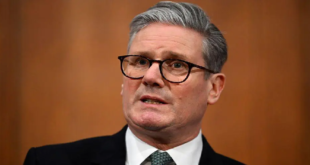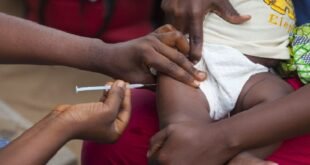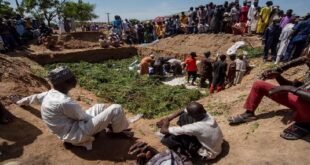22-10-2025
LA PAZ: Polls have closed in Bolivia in a presidential election run-off between two pro-market candidates, marking the end of nearly two decades of socialist rule and the start of a likely realignment towards the United States.
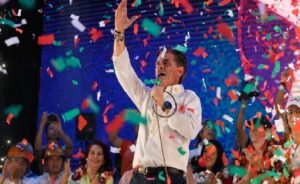 Voting stations opened at 8am local time (12:00 GMT) and closed at 4pm (20:00 GMT) on Sunday. Initial results will emerge in a few hours’ time, with the official decision expected by Thursday.
Voting stations opened at 8am local time (12:00 GMT) and closed at 4pm (20:00 GMT) on Sunday. Initial results will emerge in a few hours’ time, with the official decision expected by Thursday.
The vote pitted conservative former interim President Jorge “Tuto” Quiroga, 65, against a centrist senator and economist, Rodrigo Paz, the 58-year-old son of former left-wing President Jaime Zamora.
Polls showed a tight race, with Quiroga holding a narrow lead.
Both men have promised to overhaul Bolivia’s crisis-hit economy and restore the relationship with the US after years of tense, often hostile, ties under the left-wing governments of Evo Morales and his successor, outgoing President Luis Arce.
The governing Movement Towards Socialism party (MAS), racked by division, failed to advance a candidate to the run-off election, meaning its leadership is slated to come to an end. Support for MAS, which has dominated Bolivian politics since Morales first took power in 2006, all but collapsed in the first round of voting in August.
The vote comes as the nation of 11 million faces its most serious economic crisis in decades.
Journalist Alessandro Rampietti, reporting from La Paz, said that many expect these elections to “bring the start of a new political cycle in Bolivia”, amid a “very severe economic crisis that they’ve been dealing with for a number of years now”. He said that the oil sector “has fallen by 60 percent”, natural gas output “has fallen 46 percent”, and inflation has surged above 20 percent.
At a polling station in central La Paz, Rampietti said that electoral officials were “just about to begin opening the boxes, starting to tally the votes”, with results expected within the hour. He added that “we should have a possibly clear idea of who will win in roughly four hours’ time”, while official results are likely to be confirmed on Thursday.
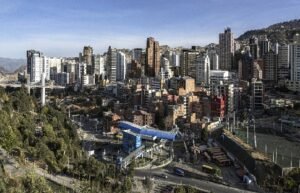 Rampietti noted that the incoming president will face significant challenges, including the need “to attract US dollars and import fuel to ease the shortages in the country”.
Rampietti noted that the incoming president will face significant challenges, including the need “to attract US dollars and import fuel to ease the shortages in the country”.
He also warned that political change in the country often sparks conflict, reporting that unions “will be ready to protest against the attempts of the new government to put in place reforms”.
Rampietti noted that the elections carry broader implications: Bolivia may “restore relationships with the US and move away from the countries that have been allies … from Iran, Venezuela; Cuba”, while it’s vast lithium reserves add to the stakes.
‘Situation is terrible’
Once South America’s fastest-growing economy, Bolivia has nearly depleted its foreign currency reserves after years of heavy subsidies and underinvestment in its gas industry.
“The situation is terrible. We don’t know what’s going to happen. Everything is very expensive,” elicidad Flores, a 67-year-old street vendor in La Paz, told media. “I hope it doesn’t go up more.”
Driver Javier Quispe, 40, sitting in his truck in a kilometre-long fuel queue in the city, told the agency that Bolivians were “worse off than before. There isn’t much hope that things will change.”
For many, the run-off signals a return to the market-friendly policies of the 1990s, an era that brought both an economic opening and deep inequality. (Int’l Monitoring Desk)
 Pressmediaofindia
Pressmediaofindia

